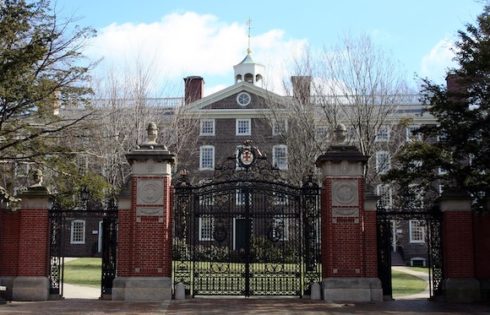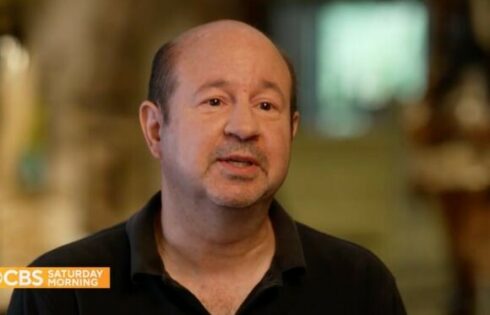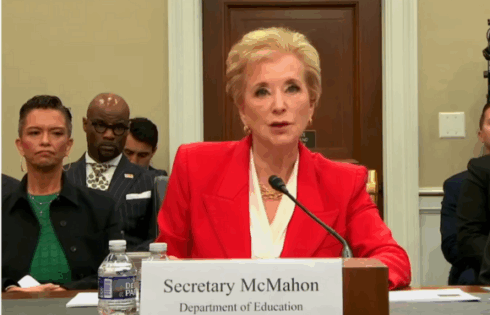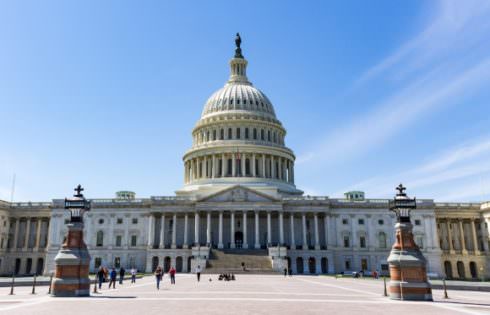
Princeton University’s incoming freshmen have been tasked with a summer reading assignment that offers a glimmer of hope on the direction of open discourse and debate in higher education: “Speak Freely: Why Universities Must Defend Free Speech.”
“Free speech is under attack at colleges and universities today, with critics on and off campus challenging the value of open inquiry and freewheeling intellectual debate. Too often speakers are shouted down, professors are threatened, and classes are disrupted,” according to the book’s online description. “In Speak Freely, Keith Whittington argues that universities must protect and encourage free speech because vigorous free speech is the lifeblood of the university.”
Whittington is a professor of politics at Princeton as well as an authority on American constitutional theory and law, and during orientation, freshmen can talk with Whittington about the book’s themes, according to campus officials.
The voluntary homework assignment is one part of a larger effort at the Ivy League institution to take a stand for free speech, writes Russell Nieli at Minding the Campus. (Princeton faculty in 2015 adopted a set of principles defending free speech and free expression as well.)
Nieli praised the book as a well-reasoned approach the the issue, saying Whittington argued there is a time and place for safe spaces and questioned the wisdom of inviting so-called professional provocateurs to speak.
But the book also gets to the heart of the problem:
Speak Freely goes into great detail about the obligations of institutions of higher learning to protect free speech and free expression against those who would obstruct or prohibit it. It provides a wealth of factual material about the many ways that open discussion and the communication of controversial ideas have been thwarted by activist students, partisan or cowardly administrators, and both trustees and wealthy outside donors with unusual influence on institutional policies. Since the overwhelming majority of college faculty, administrators, and in some cases students nowadays lean politically to the left, it is not surprising that most of the examples of thwarted free-speech found in Whittington’s book are of ideas and viewpoints anathema to leftist sensibilities.
Under the guise of prohibiting “hate speech,” Whittington writes, administrators and students have shut down speakers “who want to advocate for Donald Trump, contend that immigration should be restricted, criticize the Black Lives Matter movement and its policy proposals, argue against progressive sexual mores, or posit that those accused of sexual assault on campus should be given a fair hearing.”
MORE: Princeton paper disbands editorial board after string of right-leaning opinions
IMAGE: Shutterstock
Like The College Fix on Facebook / Follow us on Twitter







Please join the conversation about our stories on Facebook, Twitter, Instagram, Reddit, MeWe, Rumble, Gab, Minds and Gettr.